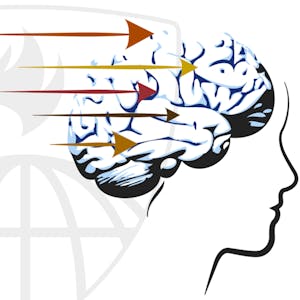Embark on a journey into the world of data science with the Data Science: Foundations using R course. This specialization from Johns Hopkins University equips learners with essential skills in data manipulation, analysis, and visualization using the R programming language.
Throughout the five courses, you will delve into key concepts such as study design, statistical programming, and exploratory data analysis. The curriculum covers the use of R for data cleaning, obtaining data from various sources, and conducting reproducible research. Learners will also gain proficiency in utilizing GitHub to manage data science projects effectively.
Upon completion, learners will be well-prepared to progress to the more advanced topics covered in the Data Science: Statistics and Machine Learning specialization, where they will have the opportunity to build a data product using real-world data.
Certificate Available ✔
Get Started / More Info
This course entails five modules covering essential aspects of data science using the R programming language, including study design, statistical programming, data cleaning, exploratory data analysis, and reproducible research.
Set up essential tools such as R, R-Studio, and Github, and gain an understanding of study design concepts. Create a Github repository to manage your data science projects effectively.
Develop a strong foundation in R programming, including critical language concepts, debugging tools, and the collection of detailed information using R profiler.
Acquire skills in obtaining and cleaning data from various sources, including text and web data, and applying data cleaning basics to make data "tidy."
Explore analytic graphics and advanced graphing systems in R to visualize high-dimensional data. Understand cluster analysis techniques to identify patterns within data.
Learn to organize data analysis to ensure reproducibility, write reproducible data analysis using knitr, and publish reproducible web documents using Markdown.
Learn to access, parse, and visualize bioinformatics data from various databases using Biopython in this 1-hour guided project.
Learn to effectively use the dplyr package in R for data analysis and transformation. Build your own data analysis pipelines, filter interesting observations, and...
Making Data Science Work for Clinical Reporting is an insightful course that demonstrates the application of data science principles in clinical reporting, emphasizing...
Discover the essential dimensions of the Total Data Quality Framework in this comprehensive course.